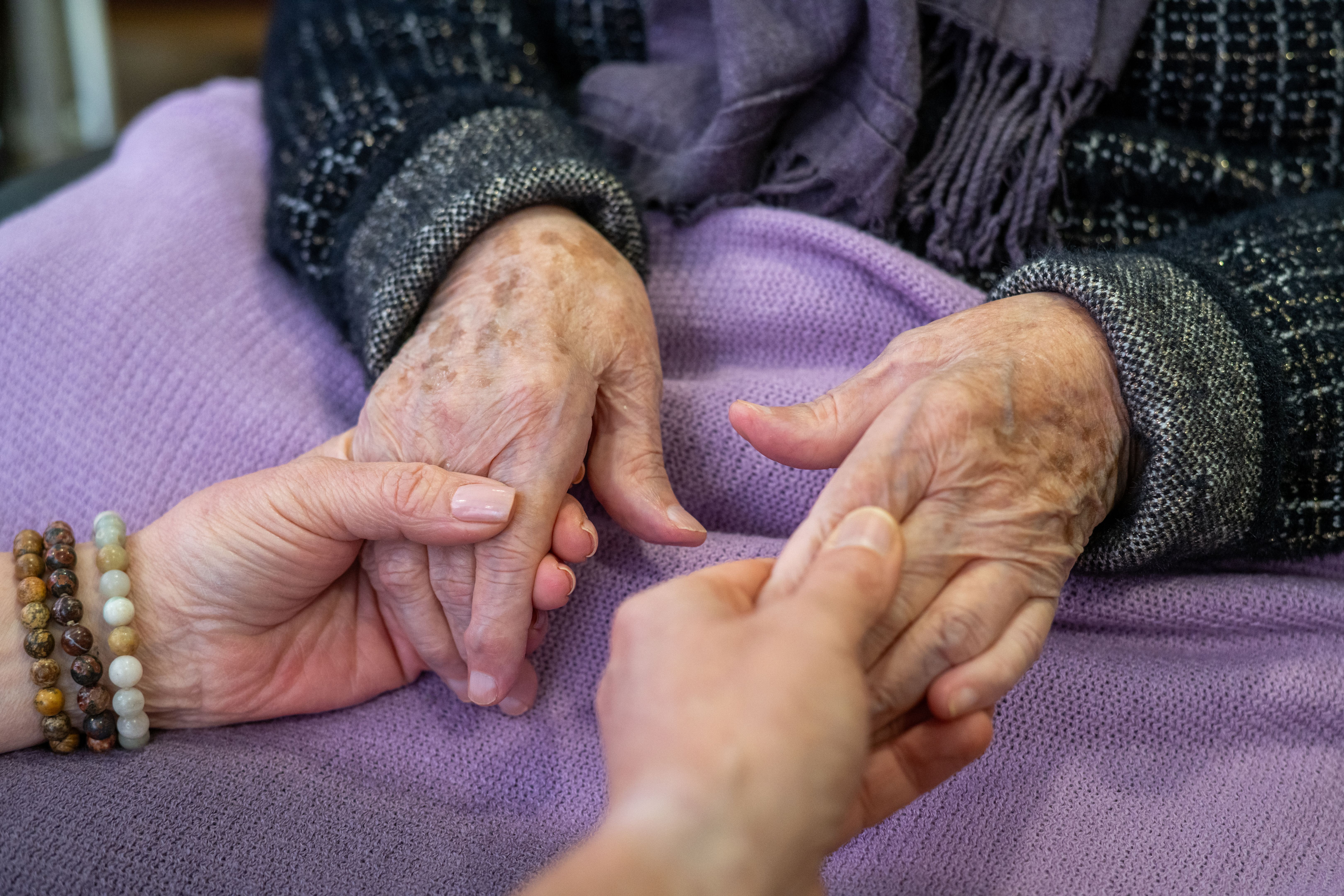Managing Stress and Finding Support: Expert Tips for Family Caregivers
Understanding the Stress Faced by Family Caregivers
Being a family caregiver is a rewarding yet challenging role. The responsibility of caring for a loved one can often lead to increased stress levels. It's crucial to acknowledge that feeling overwhelmed is normal and to seek ways to manage these emotions effectively. Understanding the root causes of caregiver stress is the first step toward finding relief.
Common stressors include managing medical appointments, handling finances, and balancing caregiving with personal responsibilities. Recognizing these stressors allows caregivers to address them proactively, ensuring they maintain their well-being while providing care.

Effective Stress Management Techniques
Learning how to manage stress is essential for caregivers. Here are some techniques that can help:
- Time Management: Organize tasks and set realistic goals to prevent feeling overwhelmed.
- Mindfulness Practices: Incorporate meditation, deep breathing, or yoga into your routine to reduce anxiety.
- Physical Activity: Regular exercise can improve mood and boost energy levels.
Implementing these strategies can significantly reduce stress, allowing caregivers to provide better support to their loved ones.

The Importance of Seeking Support
No one should have to navigate the challenges of caregiving alone. Seeking support from friends, family, or professional services can provide much-needed relief. Support groups offer a platform for caregivers to share experiences and advice, fostering a sense of community and understanding.
Professional counseling can also be beneficial in managing the emotional aspects of caregiving. Therapists can provide coping strategies and a safe space to express feelings.
Utilizing Available Resources
There are numerous resources available to assist caregivers in their journey:
- Respite Care Services: Temporary relief services that allow caregivers to take breaks.
- Educational Workshops: Programs that provide information on caregiving techniques and self-care.
- Online Forums: Platforms where caregivers can connect and share advice.

Accessing these resources can help caregivers feel empowered and supported in their roles.
The Role of Self-Care in Caregiving
Self-care is not selfish; it's essential. Taking time for oneself can prevent burnout and enhance caregiving abilities. Simple activities such as reading, taking a walk, or enjoying a hobby can replenish energy and provide a much-needed mental break.
By prioritizing self-care, caregivers can maintain their physical and mental health, ultimately benefiting those they care for.

Creating a Supportive Environment
A supportive environment can make a significant difference in the life of a caregiver. Encourage open communication within the family about care responsibilities and seek ways to share the load. It's important to regularly reassess the caregiving situation and make adjustments as needed.
By fostering an atmosphere of understanding and collaboration, caregivers can ensure they are not alone in their journey.
In conclusion, managing stress and finding support are vital components of effective caregiving. By implementing stress management techniques, seeking support, utilizing resources, prioritizing self-care, and creating a supportive environment, family caregivers can navigate their responsibilities with resilience and confidence.